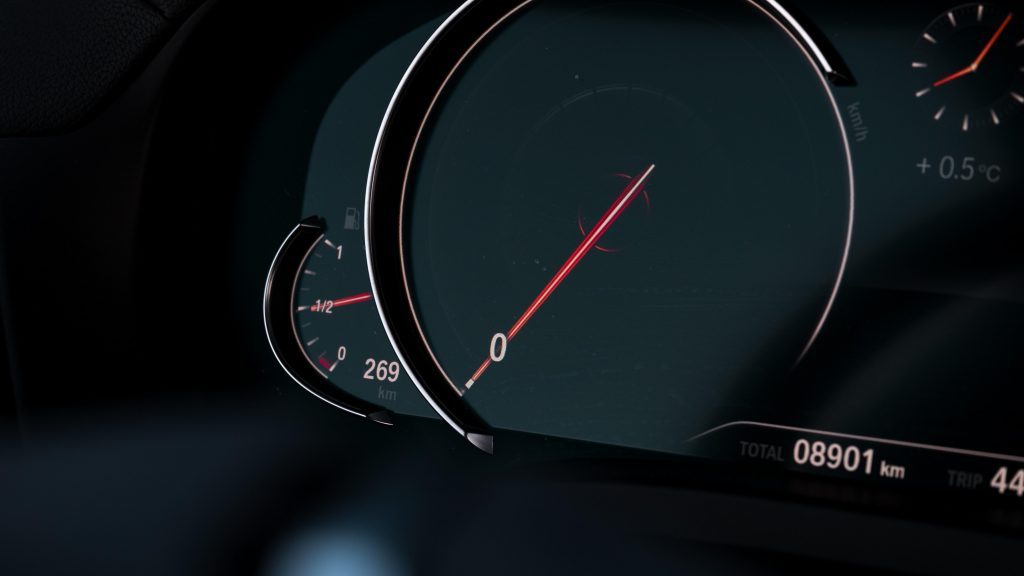7 Common PCM Failure Symptoms
Not too long ago, all of our cars’ systems were manual. From timing to tire pressure, you had to keep an eye on every aspect of your vehicle, and it was routine for mechanics to give your car a “tune-up” along with your oil change.
Ever wonder why that isn’t necessary anymore?
The reason is your car’s computer system. These systems are primarily controlled by a single computer: the powertrain control module (PCM). This controls the engine control module (ECM) and the transmission control module (TCM).
While our modern, computerized vehicles are more reliable and efficient than older cars, these computers come with a disadvantage. When a computer fails, it can affect multiple aspects of the vehicle all at once.
Here, we’ll be looking at common PCM failure symptoms and what they mean for your car.
Let’s get started!
1. Your ‘Check Engine’ Light is On
The Check Engine light is your car’s catch-all light. It can stand for just about anything that isn’t covered by one of your other car’s warning lights, so there’s no reason to panic just because it came on.
That said, it means that something is wrong, so it’s a good idea to have your engine codes read to ensure that nothing serious is going on. In addition, many states won’t allow a car to pass an inspection if the Check Engine light is lit, which means you’ll need to have it checked sooner or later regardless. Why not get it taken care of before there’s an emergency?
2. Your Car Won’t Start or Starts Roughly
If your car doesn’t start or takes several attempts to get running, this could also be another PCM failure system. This can be caused by several different PCM errors, but may also be an indication of something wrong in your ECM.
Possible causes include:
- An improperly-balanced fuel-to-air ratio
- Improper engine timing
- A short in the wiring harness
Regardless, this is a serious problem, since your car could potentially fail to start when you’re stranded on a country road, in an empty parking lot, or any number of undesirable locations.
3. Sudden Loss of Gas Mileage
One function of your PCM is to work with the ECM and TCM to control your fuel-to-air ratio and decide when to shift gears. If either of these functions isn’t working optimally, your gas mileage will suffer.
Of course, there are other reasons for poor gas mileage as well. Check your tires to make sure they’re properly inflated, and make sure your filters have all been replaced as scheduled. If these things are up to date, it’s possible there’s something wrong with your car’s computer system.


4. You Failed Your Emissions Test
As we’ve mentioned, your vehicle’s PCM and ECM control your fuel-to-air ratio. If the mixture is too rich (too much fuel compared to the amount of air), the fuel won’t fully combust and will put out significantly more particles and carbon monoxide than a well-running engine.
This may cause you to fail your state’s emissions test. If your car does fail, check your PCM and ECM first. Believe it or not, a failed PCM or PCM may actually be good news: replacing either of these systems is significantly cheaper than getting a new catalytic converter.
5. Your Engine Stutters or Stalls
Engine stuttering or stalling is a sign that there’s either a serious mechanical problem or a failed computer system. Once again, if you’re experiencing these symptoms, a PCM or ECM failure is actually one of the better-case scenarios in terms of cost and ease of repair.
This can happen for any number of reasons, but usually, it’s a problem with your engine timing. While that function is directly controlled by the ECM, your PCM may also be at fault, since the ECM requires feedback from the PCM to adjust timing.
6. Erratic or Random Shifting
One of the most serious PCM failure symptoms is irregular shifting. This generally happens because of a faulty sensor, or because water has damaged some of the circuits in your car’s PCM or TCM.
If your automatic transmission vehicle isn’t shifting normally, take it to a mechanic immediately. A failed PCM or TCM can cause the car to get stuck in gear, which can be a serious safety issue. It can also lead to costly transmission damage.


7. You’re Receiving a PCM-Related Error Code
The last symptom on our list is the humble error code. When your PCM experiences a problem, it logs an error code, which will display on any connected code reader device. If this is your first sign of trouble, congratulations! You found the problem before it got any worse.
We’ve written about several of these codes in the past, including the U0100 code, the P0603 code, the P0113 code, and the P0606 code. That said, our list is not exhaustive. Most codes beginning in “P06” involve a PCM failure, and there are some others as well. Consult your code reader’s manual for specific information on any codes you’re seeing.
8. What to Do If You Experience PCM Failure Symptoms
If you’re experiencing one of these PCM failure symptoms, don’t panic. The problem may not be your PCM at all. It may be a faulty sensor or a shorted wire.
To find out more, we encourage you to look at some of the PCM repair guides we’ve linked in the article. A good mechanic can also help you pinpoint the source of your problems.
If it turns out that you have to replace or repair your PCM, contact us on our website, or call us at 888-848-0144. Our knowledgeable technicians specialize in PCM repair and replacement. They’ll answer any questions you may have.









